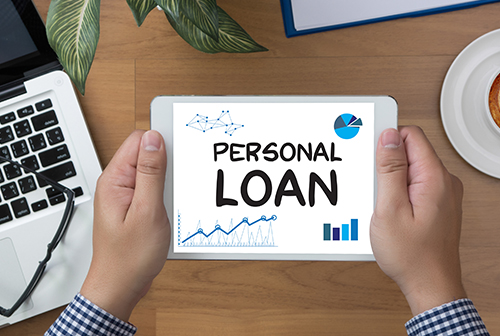When you are collecting Social Security benefits, there might be a time when you want or need to take out a loan. The first thing to know is there are many options available to explore.
It’s important to remember that collateralized loans (loans that backed by physical assets like real estate, homes, and automobiles) may get funded by a lender with more ease than an unsecured loan, like a personal loan, a credit card, or a line of credit. Your approval odds can vary from lender to lender, based on the loan product that interests you.
If on social security a loan may not always be the option. Consider applying for SSI for additional monthly cash flow assistance. Below are things to consider before taking out a loan from a traditional lender. Alternatively, there are non-profits and specialty lenders including the military and credit unions that have specialized finance options for low income earners whose income is primarily made up of social security payments.
Your Credit Score and History – Like all loans, one of the first factors used to determine your creditworthiness and eligibility for a loan is your credit score and the type of loan you are seeking.
People with higher credit scores have higher chances of getting approved for some types of loans. The fact that you are collecting Social Security should not be a factor in your ability to get a loan.
People with lower credit scores could have a harder time getting approved for unsecured loans, regardless of whether they are on Supplemental Security Income or not.
Repair your Credit if Needed – If you have less than perfect credit, it might be time to review your credit file and take steps to clean up your credit profile. Check to make sure that all the information it contains is correct. Report any inaccuracies or wrong information to the credit reporting agencies and ask them to remove this data from your profile.
Some moneylenders are reluctant to grant unsecured loans to SSI recipients because they can’t garnish payments. There is no legal way to collect and recover funds on loans that go into default if the debtor receives Social Security benefit checks.
Strengthen your Credit Profile – Getting a secured credit card is another option to start building a favorable credit profile. Secured credit cards require an initial deposit that matches the available credit line, other fees like an Activation fee and monthly interest charges on outstanding balances may apply. All you need to do is use the card responsibly and make your monthly payments. The credit card company, in turn, reports your payments to help establish a stable credit profile.
One of the biggest financial traps you want to avoid using is a lender of last resort, such as a payday lender or a title lender. The convenience of these lenders does not come without exorbitant interest fees and sky-high penalties and fees for late or missed payments. Borrowers pay anywhere from $15 to $30 for every $100 borrowed in interest alone! It’s not difficult to see how the math starts to go against you in this equation.
The weightier problem with using this type of lender is that it’s easy for borrowers to fall into a cycle of continually having high-interest loans outstanding to these vendors. With an Annual Percentage Rate of over 400%, you want to avoid these types of loans if possible.




Like this article? Share with your friends!